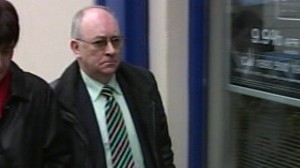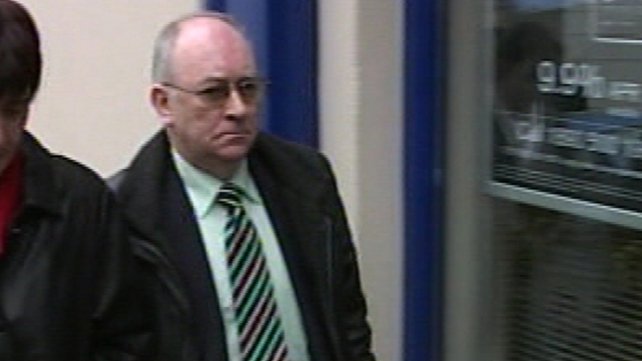 A former Irish dancing teacher from Derry fraudulently transferred his family home and another property into his wife’s name in a bid to defeat a court order.
A former Irish dancing teacher from Derry fraudulently transferred his family home and another property into his wife’s name in a bid to defeat a court order.
The court order instructed Michael Quigley to pay €400,000 compensation to a former pupil whom a judge found he sexually abused, the High Court has ruled.
The Irish Times reports that Ms Justice Aileen Donnelly found Quigley’s transfer of the assets to his wife Alice should be set aside as fraudulent under the Conveyancing Act (Ireland) 1634.
In 2011, the High Court awarded €400,000 to national schoolteacher Dana Doherty (44) against Mr Quigley (70), of Barnhill Park, Letterkenny over abuse she suffered when she was one of his Irish dancing pupils between the ages of 12 and 19.
He underwent two criminal trials in Letterkenny on indecent assault charges but, in both, the juries were unable to reach verdicts.
Ms Doherty then took a civil action and was awarded €400,000. He appealed that award and last July the Supreme Court dismissed the appeal.
Ms Doherty had to bring separate proceedings against Mr Quigley and his wife in which it was claimed the transfer of his home in Letterkenny and of a property at Meenagown, Donegal, was done to defeat Ms Doherty’s claim as a creditor in the €400,000 judgment against him.
The Quigleys denied this and said the family home was transferred to get a loan in 1999 to extend the house because he had retired from his main job as a newspaper printer and could not get a loan in his name.
The transfer of the second property was done to get future planning permission on the land as it was feared only natives of the area would get such permission, it was claimed.
Yesterday, Ms Justice Donnelly said the only evidence the transfer was for genuine reasons was given by Mrs Quigley, and Mr Quigley himself had not given evidence.
By divesting himself of the family home for nil consideration, Mr Quigley deprived Ms Doherty of the benefit of that property for paying the compensation, the judge said.
The judge was satisfied the natural and probable consequences of the transfer was to delay or defeat Ms Doherty as a creditor.
At the time of the transfer, Mr Quigley knew Ms Doherty, who had lived in the US between 1994 and 1997/8, had returned to live here. He had undergone two criminal trials and knew he was at risk of a compensation order being made against him.
The land at Meenagown was transferred in 1998 and he knew then the probable consequence of divesting himself of it was that it would delay or defeat Ms Doherty’s claim as a creditor.
At the time of transfer in February 1998, there was an increased risk of the defendant having to pay a compensation order or and order for damages, the judge said.
She found transfer of the family home was, in point of law, and without any inference of fact being drawn, fraudulent within the meaning of the 1634 Act.
In relation to the Meenagown property, fraud as an inference of law was also proven, the judge said.
Mr Quigley’s counsel, Desmond Murphy, said his client will appeal the decision.
Tags:





